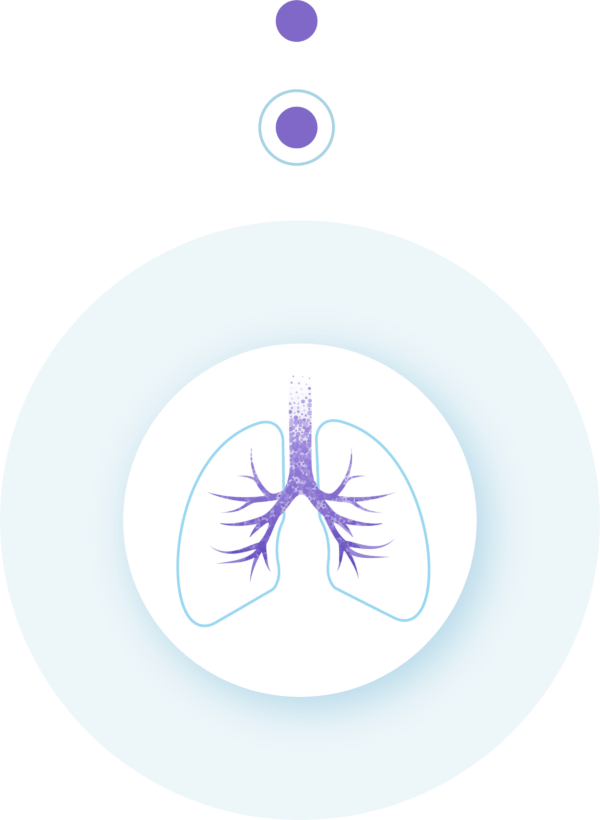Studieoverzicht
Study name: SATIN
| Histology | NSCLC, all subtypes | ||
|---|---|---|---|
| Tumor stage | Stage III - IV | ||
| Host / recruiting site 1 | Amsterdam UMC | Enrollment | Closed |
| Host / recruiting site 2 | Erasmus MC | Enrollment | Closed |
| Host / recruiting site 3 | MUMC+ | Enrollment | Closed |
| Host / recruiting site 4 | Radboud UMC | Enrollment | Closed |
| Design |
An observational, multicenter study. There will be different cohorts, every TKI will be assessed separately. (erlotinib, gefitinib, afatinib, osimertinib, crizotinib, ceritinib, alectinib). For every TKI there is a WBRT (N=10) and a SRT (N=10) cohort Note: The Osimertinib cohort is full in The Netherlands, enrollment for this cohort is closed. |
||
| Intervention | Standardized neurocognitive examination will be done before radiotherapy, after 4 months and after 6 months. A magnetic resonance imaging (MRI) of the brain will be performed at 4 and at 6 months (partly already usual care). Optionally cerebrospinal fluid (CSF) will be obtained by lumbar puncture before and two weeks after radiotherapy. Optionally blood will be obtained by venipuncture before and two weeks after radiotherapy |
||
| Key outcome parameters | Incidence of acute severe toxicity (per TKI) 2 weeks after completion of cranial radiotherapy Incidence of neurotoxicity 4 months after completion of cranial radiotherapy compared to baseline data |
||
| Key inclusion criteria | Stage IV NSCLC with driver mutation, treated with TKI Development of brain metastases during TKI treatment Indication for cranial radiotherapy determined by treating physician and radiation oncologist with continuation of the TKI Age ≥ 18 years Ability to understand neurocognitive testing Written informed consent |
||
| Key exclusion criteria | Prior radiotherapy to the brain when this precludes new radiotherapy. Neurologic/psychiatric illnesses (such as Alzheimer*s disease) Claustrophobia Metal implants or other contra-indication for MRI Inability to lie supine for 30 minutes time (MRI) |
||
| Contact information | Log in voor de contactinformatie | ||





